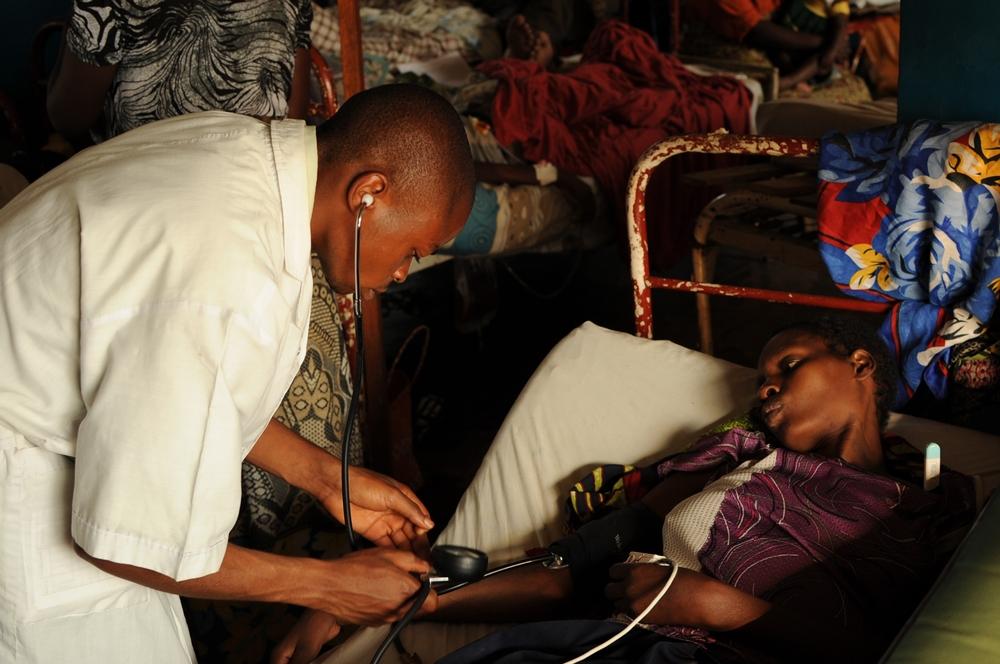
Cholera
Cholera is a water-borne, acute gastrointestinal infection caused by the Vibrio cholerae bacterium. It is transmitted by contaminated water or food, or direct contact with contaminated surfaces. In non-endemic areas, large outbreaks can occur suddenly and the infection can spread rapidly. Most people will not get sick or will suffer only a mild infection, but the illness can be very severe, causing profuse watery diarrhoea and vomiting that can lead to severe dehydration and death. Treatment consists of a rehydration solution – administered orally or intravenously – which replaces fluids and salts. Cholera is most common in densely populated settings where sanitation is poor and water supplies are not safe.
As soon as an outbreak is suspected, patients are treated in centres where infection control precautions are taken to avoid further transmission of the disease. Strict hygiene practices must be implemented and large quantities of safe water must be available.
MSF treated 52 600 people for cholera in 2022.